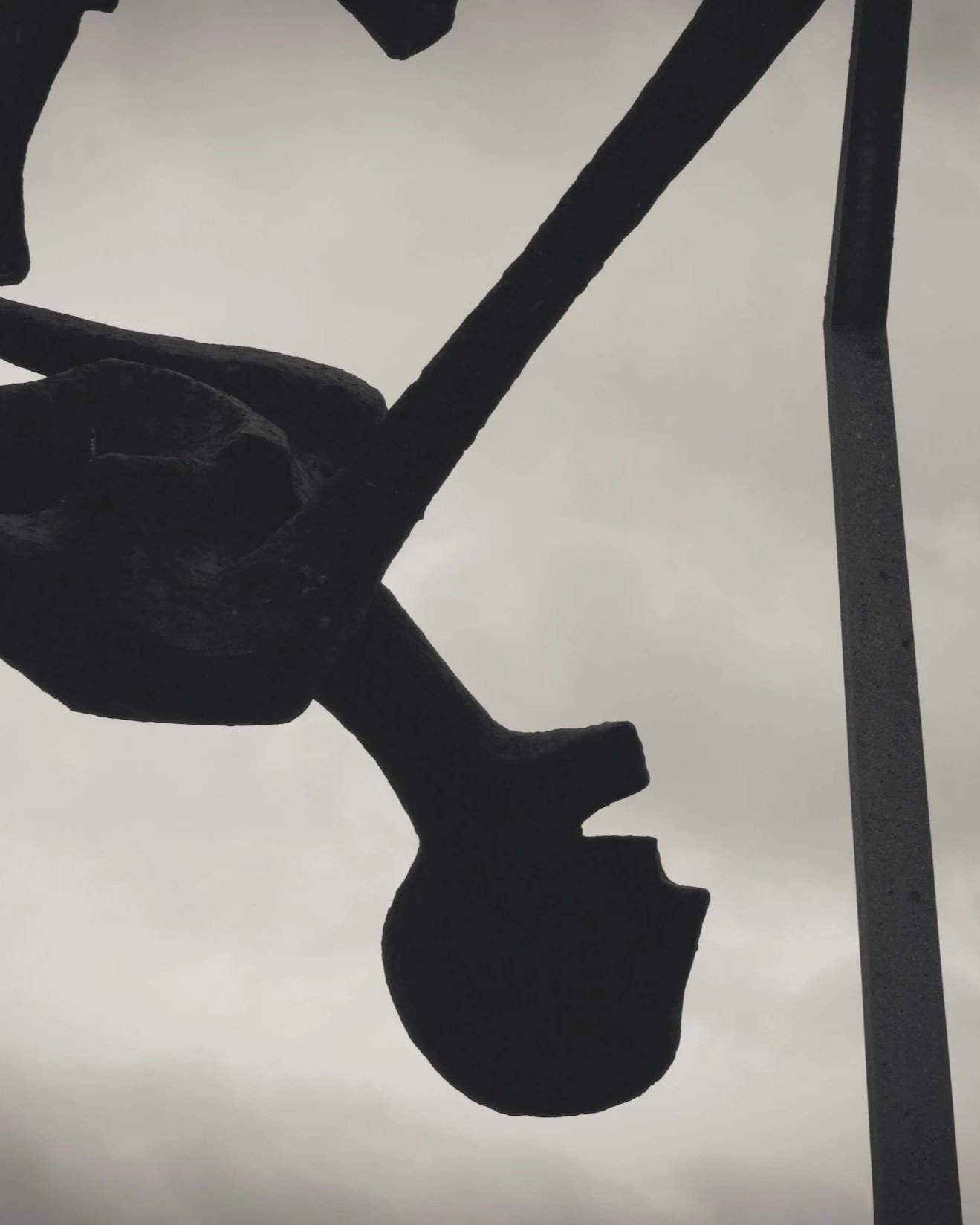Woe is (Hokkien) Mee
In the past weekend, we released the latest episode of our podcast Awkward Asian Theologians.
This episode concluded our two-parter on the theme of suffering.
While the first episode sought to problematise suffering, we attempted in this episode to provide some answers to that problem.
In particular, we dove deeper in John Paul II’s encyclical on suffering, Salvifici Doloris, and focused on what Christ did, not only to suffering in its subjective dimension (ie the experience of suffering) but also to its objective dimension (ie the significance of suffering and its effects). This led us to consider a number of points which I wished I expressed more clearly in the audio than in the text.
The first is that Christ breaks this seemingly impenetrable wall between our subjective experience of suffering, which threatens to isolate us, and the universe and our relationships therein. What Salvifici Doloris makes clear (and we indicated this in our first episode), is that Christ turns what should be an isolating force into an opportunity to be drawn closer into relation with Christ (and from that all relation), since he too underwent the experience of suffering. Furthermore, in Christ’s entry into suffering, that experience of suffering is no not the isolated province of an isolated individual. Instead, suffering is now given cosmic significance. More to the point, it matters to the universe, and it matters to the God who created that universe.
Second, because of Christ’s entry into suffering, Christ has also engineered a radical transformation to the structure of suffering. As we covered in the episode, the pain of individual suffering puts us in frighteningly close proximity to that experience of suffering that takes up the whole cosmos, namely the final suffering of damnation. However, John Paul II reminds us that, thanks to Christ’s entry into suffering, he transformed the underpinning order of suffering from one of pain into one of love. When suffering becomes one of those many things that are drawn into Christ (Jn 12:32), the underpinning logic of pain no longer becomes the definitive superscript to our experience of suffering. Instead, the evil of our sufferings can, insofar as we cleave to the one who conquered that evil, be brought into a new story to shape our historical experience of suffering.
We cover these and many other points in the space of a short episode, which you can listen to in full on Spotify, Apple Podcast and Amazon Music.




